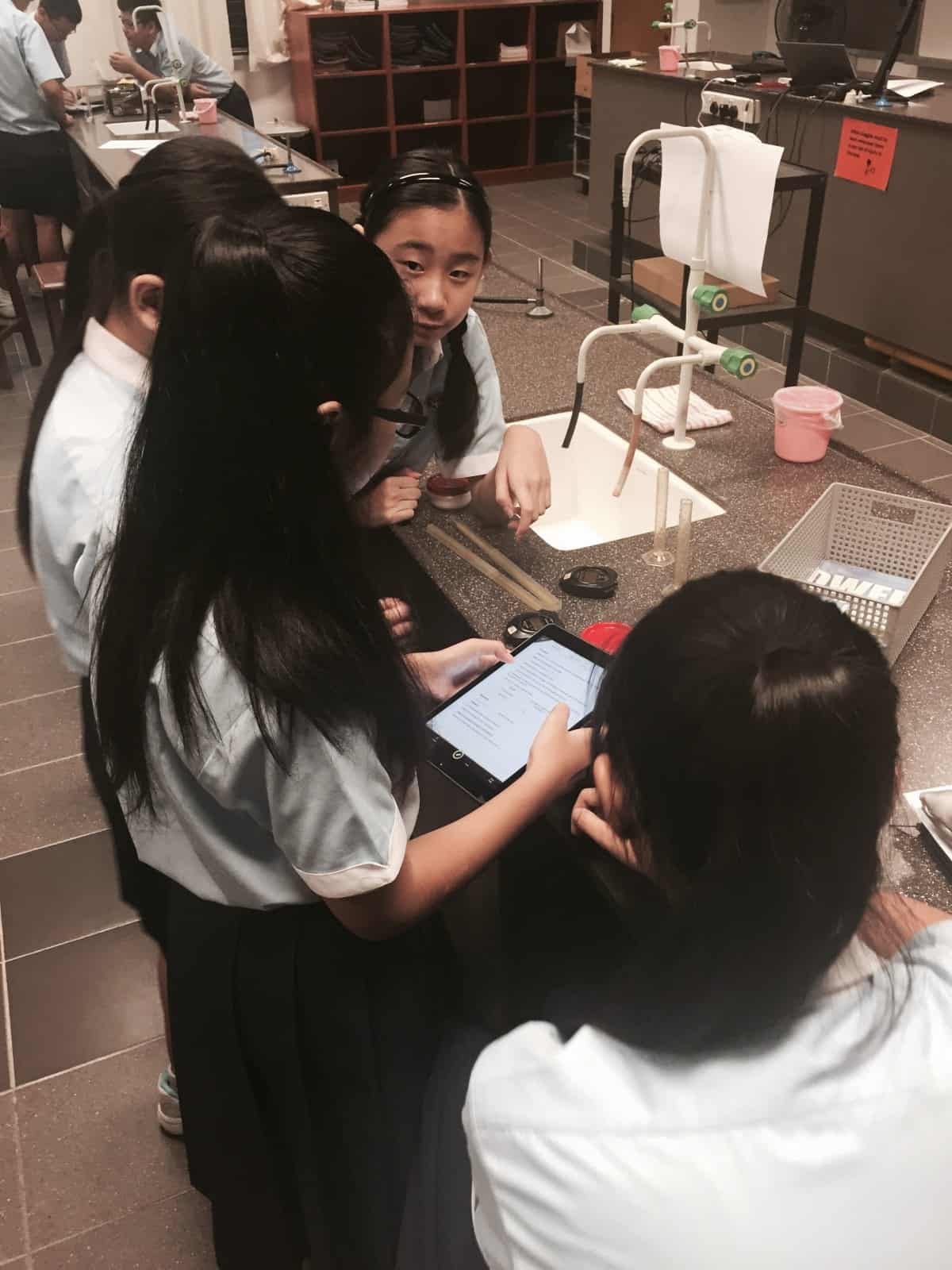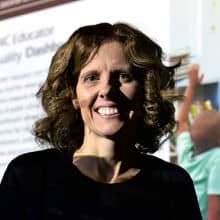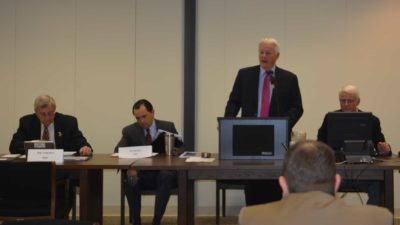In July, twelve educators from across North Carolina will travel to Singapore to study one of the word’s most heralded educational systems, with a focus on best practices in teaching math and science. Many of the educators are beginning teachers in their first one to three years of practice, and many have never traveled outside of North Carolina. Today, the group is meeting in Chapel Hill for an orientation. EdNC will be reporting on this professional development opportunity to share the experience with a wider audience of educators, policymakers, and the media.
Why Singapore?
Singapore is a relatively young nation, having established its independence in 1965. Singapore, once a small fishing village, is today a bustling multicultural and cosmopolitan city-state that commands a strong presence in the world with its free trade economy and highly efficient workforce. From the beginning, Singapore’s leadership recognized that education would be crucial to its cultural and economic success as a nation. Thus, Singapore’s leaders implemented an innovative education system to build on one of its greatest resources – its people. The system has further evolved as the needs of the nation have grown.
Today, only 50 years later, Singapore’s students consistently rank near the top in international comparisons of performance in mathematics, science, and literacy. Singapore was rated the best performing education system, with an excellent teaching force in a 2008 McKinsey and Company study, “How the World’s Best Performing School Systems Came Out on Top.” More recently, in May 2015, Singapore topped the global school rankings published by the OECD, based on an analysis of math and science test scores in 76 countries. Singapore traditionally draws teacher education students from the top 10 percent of the secondary school graduating classes. Furthermore, there is a strong tradition of teacher training that emphasizes providing teachers with pedagogical skills, instructional technology, and practical experience. Additionally, Singapore has created a sophisticated approach to identifying and training future educational leaders. These qualities and more make Singapore an ideal place to explore best practices in education.
International experience goals
The program provides a variety of learning experiences for participants, including presentations by Ministry representatives, site visits to schools and institutes of higher education, as well as seminars and informal dialogue with professionals. The program also includes opportunities for reflection and debriefing to help participants analyze their experiences and their relevance for our classrooms, schools, and state.
Educators participating in this professional development program experience:
Explore Singapore’s approach to the teaching of mathematics and science in a K-12 setting,
Gain insight into in-service professional development and pre-service teacher preparation,
Learn about how Singapore’s future educational leaders are identified and prepared,
Better understand Singapore’s model and approach to support for early career teachers and school leaders, and
Collaborate with each other (virtually and in-person) to find ways to implement lessons learned from Singapore, global perspectives, and technology into the classroom.
Impact
The Center for International Understanding, a public service program of the University of North Carolina, leads the trip to Singapore. Since 1995, the Center has sent more than 900 teachers and administrators abroad to over 15 different countries through its professional development and partnership programs.
The Center has found that increasing teacher knowledge about the world helps increase teacher confidence and competence in providing students with the skills to navigate successfully through a globalized and interconnected world. NC educators who have participated in past professional development programs have collectively created over 400 lesson plans that help bring a global perspective into the classroom. In addition, teachers have gained the increased ability to view issues and problems from multiple perspectives, have increased their commitment to teaching, have gained exposure to best practices and new teaching methodologies, and have increased their comfort level in using cutting edge technology applications in the classroom.
Stay tuned to learn more about how this trip will help educators connect practice to policy as the UNC System works to improve outcomes for all of our students across North Carolina.
BWF Scholars program
The University of North Carolina in partnership with North Carolina Central University, North Carolina State University, UNC Asheville, and UNC Chapel Hill has developed and implemented an alternative track to teacher certification for science and mathematics majors aimed at preparing these individuals for careers in teaching. Campus partners in this project are committed to preparing 120 science and mathematics teacher scholars. The initiative, entitled the Burroughs Wellcome Fund (BWF) Scholars program, provides $6,500 scholarships to qualifying juniors and seniors, and an additional benefit of a $5,000 annual salary supplement for up to five years for BWF Scholars who graduate and obtain employment in a North Carolina public school as a licensed science or mathematics teacher. After two years in the classroom, BWF Scholars receive the additional benefit of an international study experience. There are currently 43 BWF Scholars teaching in North Carolina public school classrooms across the state. The July 2016 trip to Singapore will be the second cohort of BWF Scholars to participate in the international experience provided through the program.




